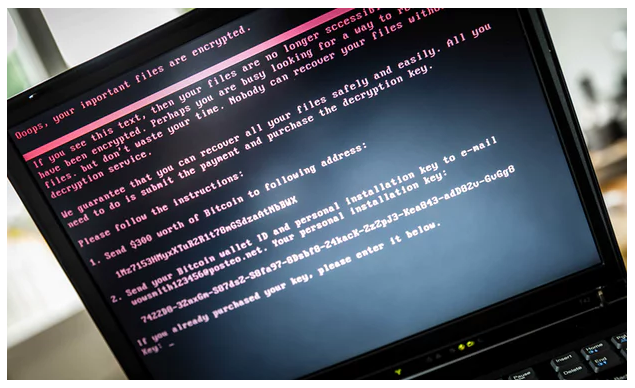Growth of AI could boost cybercrime and security
threats, report warns
Experts
say action must be taken to control artificial intelligence tech
A ‘Mikado’ German forces drone
in Munster. It is feared ‘drone swarms’ fitted with small explosives and
self-driving technology will be used to carry out untraceable assassinations in
the future. Photograph: Patrik Stollarz/AFP/Getty Images
Wanton proliferation of artificial
intelligence technologies could enable new forms of cybercrime, political
disruption and even physical attacks within five years, a group of 26 experts
from around the world have warned.
In a new report, the academic, industry and
the charitable sector experts, describe AI as a “dual use technology” with
potential military and civilian uses, akin to nuclear power, explosives and
hacking tools.
“As AI capabilities become more powerful and
widespread, we expect the growing use of AI systems to lead to the expansion of
existing threats, the introduction of new threats and a change to the typical
character of threats,” the report says.
They argue that researchers need to consider
potential misuse of AI far earlier in the course of their studies than they do
at present, and work to create appropriate regulatory frameworks to prevent
malicious uses of AI.
If the advice is not followed, the report
warns, AI is likely to revolutionise the power of bad actors to threaten
everyday life. In the digital sphere, they say, AI could be used to lower the
barrier to entry for carrying out damaging hacking attacks. The technology
could automate the discovery of critical software bugs or rapidly select
potential victims for financial crime. It could even be used to abuse
Facebook-style algorithmic profiling to create “social engineering” attacks
designed to maximise the likelihood that a user will click on a malicious link
or download an infected attachment.
The increasing influence of AI on the
physical world means it is also vulnerable to AI misuse. The most widely
discussed example involves weaponising “drone swarms”, fitting them with small
explosives and self-driving technology and then setting them loose to carry out
untraceable assassinations as so-called “slaughterbots”.
‘AI is going to be extremely beneficial, and already is,
to the field of cybersecurity,’ says Dmitri Alperovitch, the co-founder of
information security firm CrowdStrike. Photograph: Rob Engelaar/EPA
Political disruption is just as plausible,
the report argues. Nation states may decide to use automated surveillance
platforms to suppress dissent – as is already the case in China, particularly for the Uighur people in the nation’s
northwest. Others may create “automated, hyper-personalised
disinformation campaigns”, targeting every individual voter with a distinct set
of lies designed to influence their behaviour. Or AI could simply run
“denial-of-information attacks”, generating so many convincing fake news
stories that legitimate information becomes almost impossible to discern from
the noise.
Seán Ó hÉigeartaigh of the University of Cambridge’s
centre for the study of existential risk, one of the report’s authors, said:
“We live in a world that could become fraught with day-to-day hazards from the
misuse of AI and we need to take ownership of the problems – because the risks
are real. There are choices that we need to make now, and our report is a
call-to-action for governments, institutions and individuals across the globe.
“For many decades hype outstripped fact in
terms of AI and machine learning. No longer. This report … suggests broad
approaches that might help: for example, how to design software and hardware to
make it less hackable – and what type of laws and international regulations
might work in tandem with this.”
Not everyone is convinced that AI poses such
a risk, however. Dmitri Alperovitch, the co-founder of information security
firm CrowdStrike, said: “I am not of the view that the sky is going to come
down and the earth open up.
“There are going to be improvements on both
sides; this is an ongoing arms race. AI is going to be extremely beneficial,
and already is, to the field of cybersecurity. It’s also going to be beneficial
to criminals. It remains to be seen which side is going to benefit from it
more.
“My prediction is it’s going to be more
beneficial to the defensive side, because where AI shines is in massive data
collection, which applies more to the defence than offence.”
The report concedes that AI is the best
defence against AI, but argues that “AI-based defence is not a panacea,
especially when we look beyond the digital domain”.
“More work should also be done in
understanding the right balance of openness in AI, developing improved
technical measures for formally verifying the robustness of systems, and
ensuring that policy frameworks developed in a less AI-infused world adapt to
the new world we are creating,” the authors wrote.


